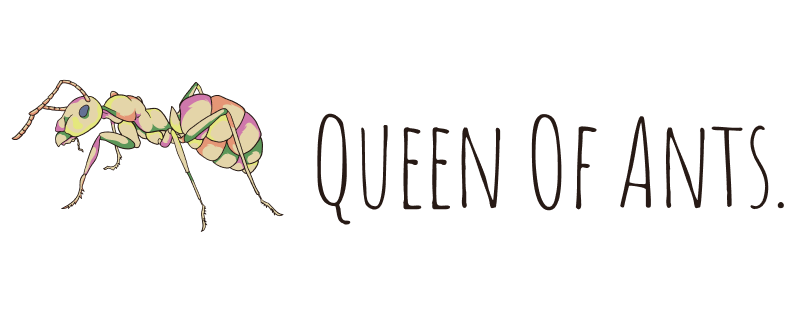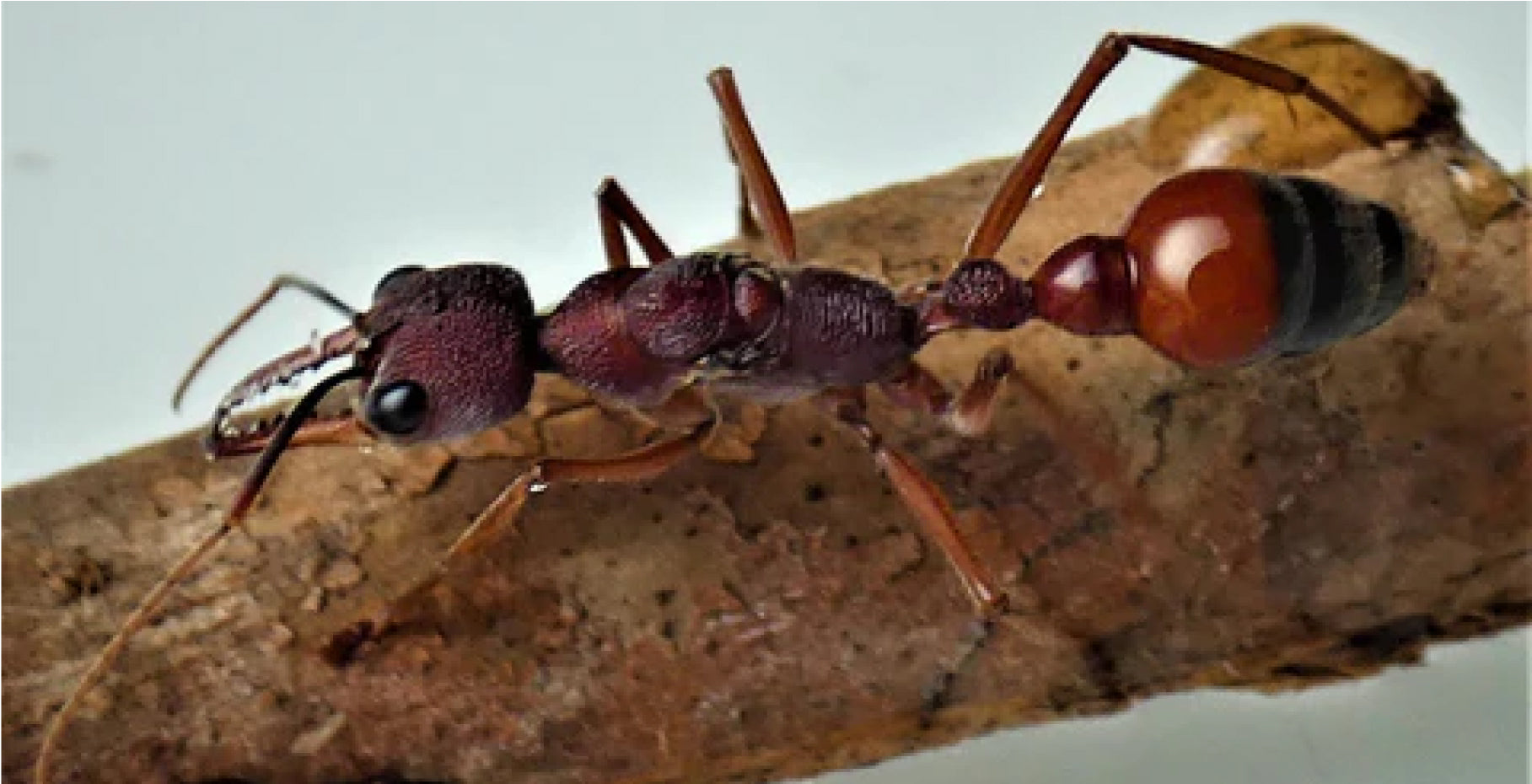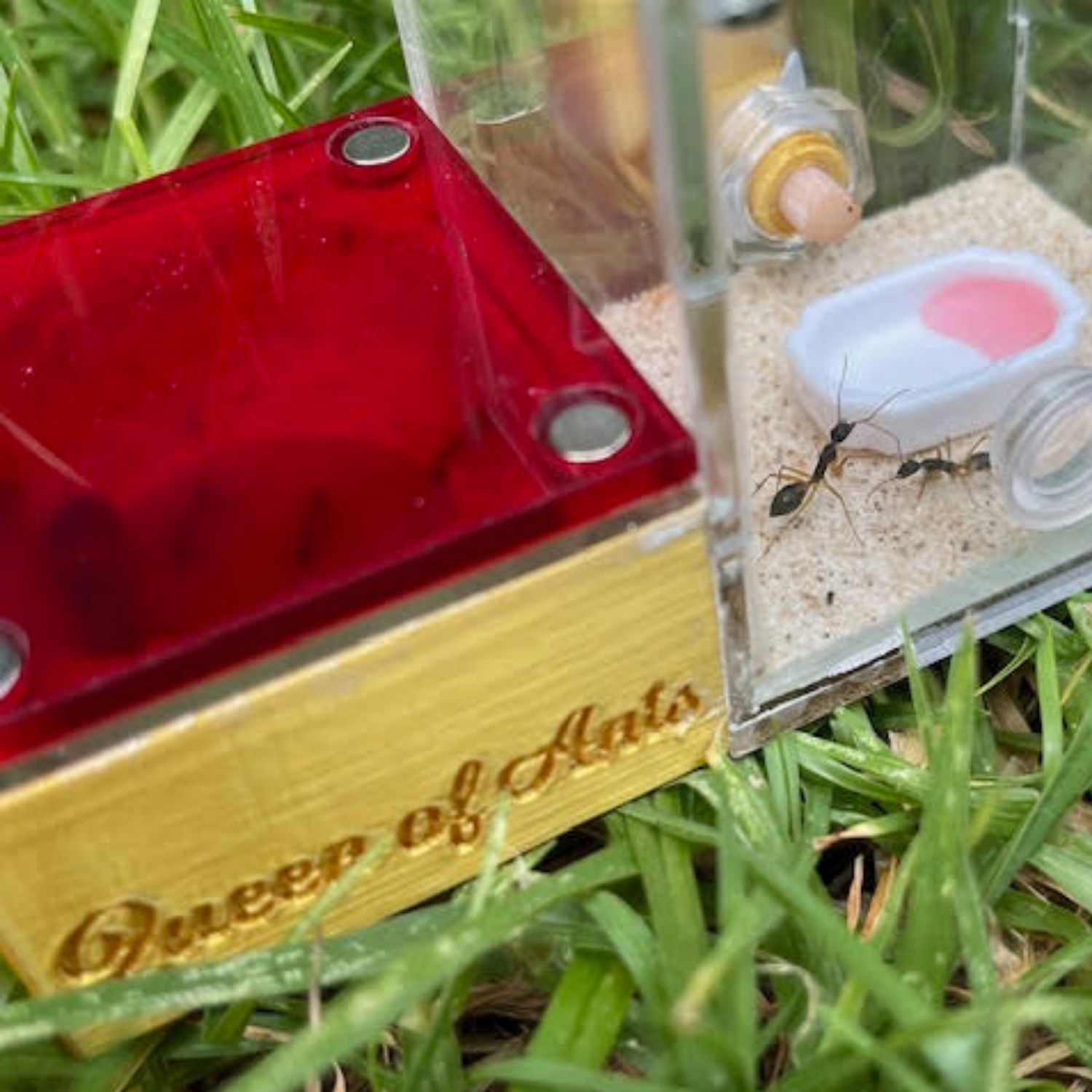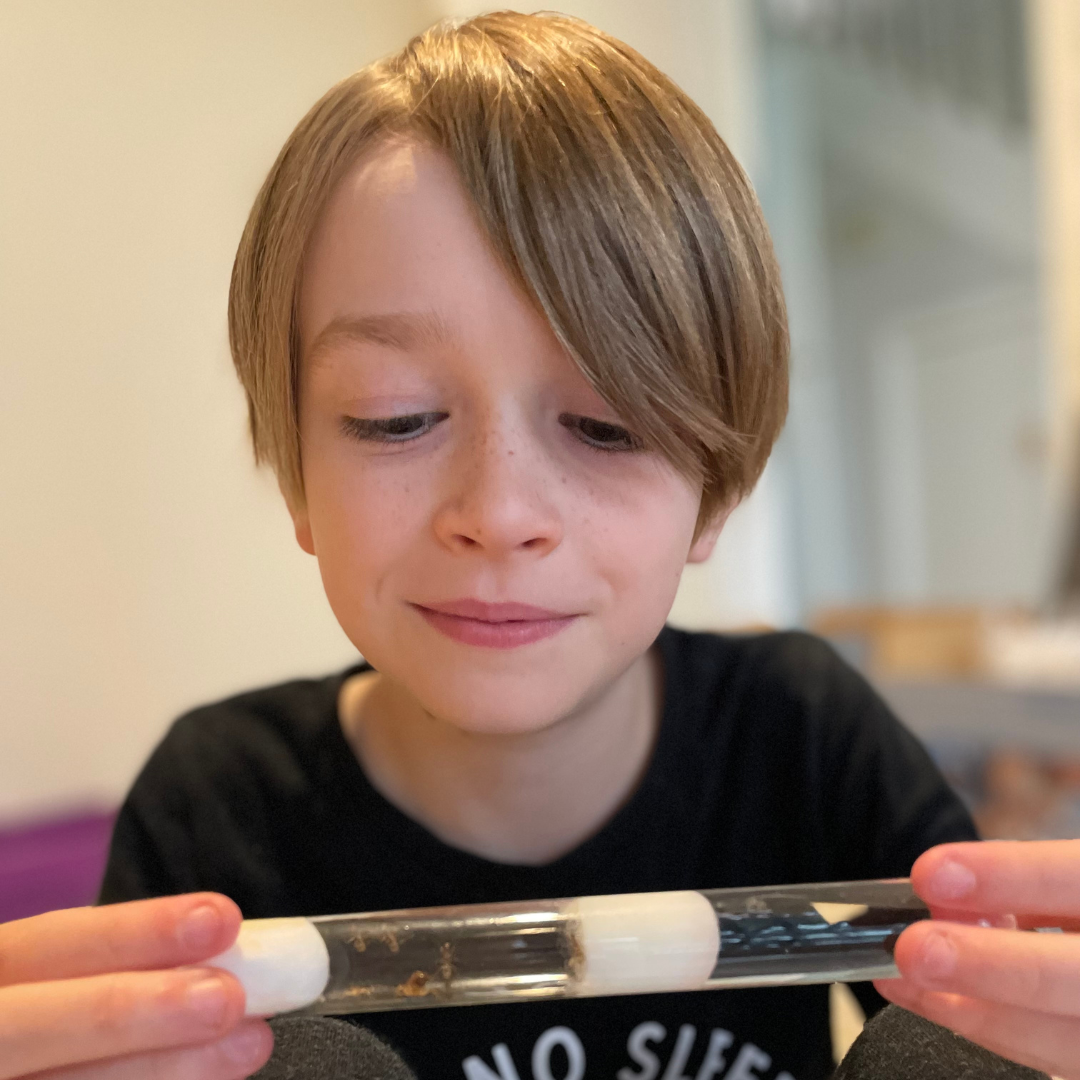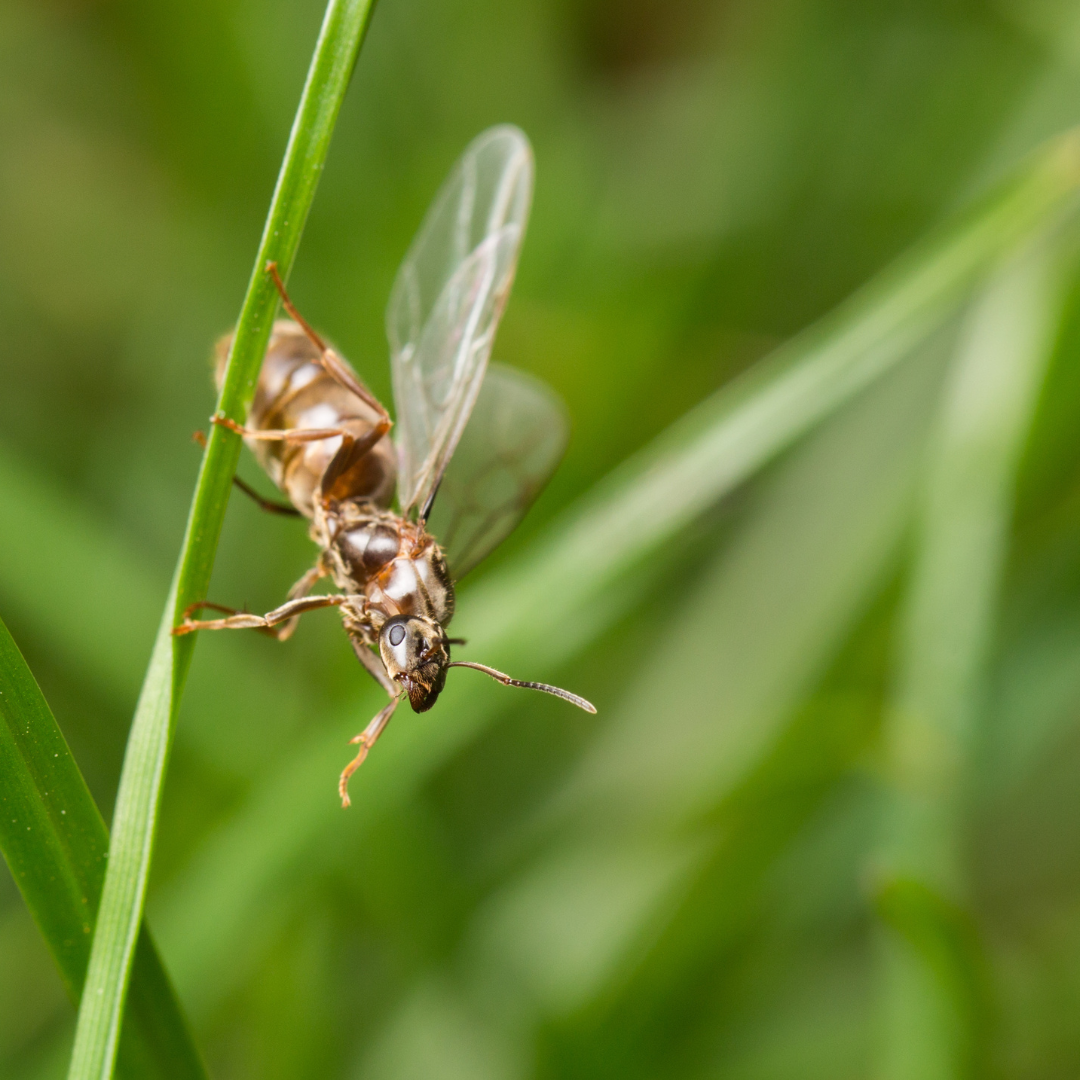Ant Farms in the Classroom: A Miniature World of Learning and Discovery

When it comes to classroom pets, the usual suspects like guinea pigs, fish or turtles may come to mind. However, have you considered introducing a miniaturized world of industrious insects into your classroom? Ant farms can be a fantastic addition to the learning environment, offering a unique and educational experience for students of all ages. In this blog post, we'll explore the benefits of having ant farms as classroom pets and how they can enhance the educational experience.
- Hands-On Science Education: Ant farms provide a hands-on approach to science education, allowing students to observe the intricate behaviours, social structures, and life cycles of ants. The ant farm becomes a living, breathing science experiment, fostering a sense of curiosity and discovery among students.
- Life Cycle Exploration: Witnessing the life cycle of ants, from eggs to larvae to pupae and finally to adult ants, offers students a real-time understanding of metamorphosis. This first hand experience can complement classroom lessons on biology and life sciences, making abstract concepts tangible and relatable.
- Social Structure Insights: Ant colonies are known for their complex social structures, including roles such as worker ants, soldiers, and the queen. Observing the division of labour and teamwork within the colony provides valuable insights into social studies and can even be linked to discussions on collaboration and community within human societies.
- Low Maintenance and Responsibility: Ant farms are low-maintenance pets, making them an ideal addition to the classroom. Students can take turns caring for the ants, teaching them responsibility and fostering a sense of ownership. Regular tasks such as feeding, cleaning, and monitoring the ant farm create a routine that instils good habits.
- Observational Skills Enhancement: Ant farms encourage students to develop keen observational skills. As they watch the ants forage for food and communicate with each other, students learn to make detailed observations and draw conclusions based on their findings – a crucial skill in scientific inquiry.
- Integration Across Subjects: Ant farms offer the opportunity for interdisciplinary learning. Teachers can integrate ant observations into various subjects, including math (measuring and recording ant activities), language arts (writing about ant behaviours), and art (creating ant farm-inspired drawings or dioramas).
- Inexpensive Educational Tool: Ant farms are cost-effective compared to other classroom pets. The initial setup cost is minimal, and the ants' basic needs, such as food and water, are easily accessible. This affordability makes ant farms an accessible option for schools with tight budgets.

Incorporating ant farms as classroom pets can transform the learning experience, creating a dynamic and engaging environment for students. From science education to fostering responsibility and observation skills, these miniature colonies offer a wealth of educational benefits. Consider bringing the world of ants into your classroom and watch as your students become captivated by the wonders of nature unfolding right before their eyes.
